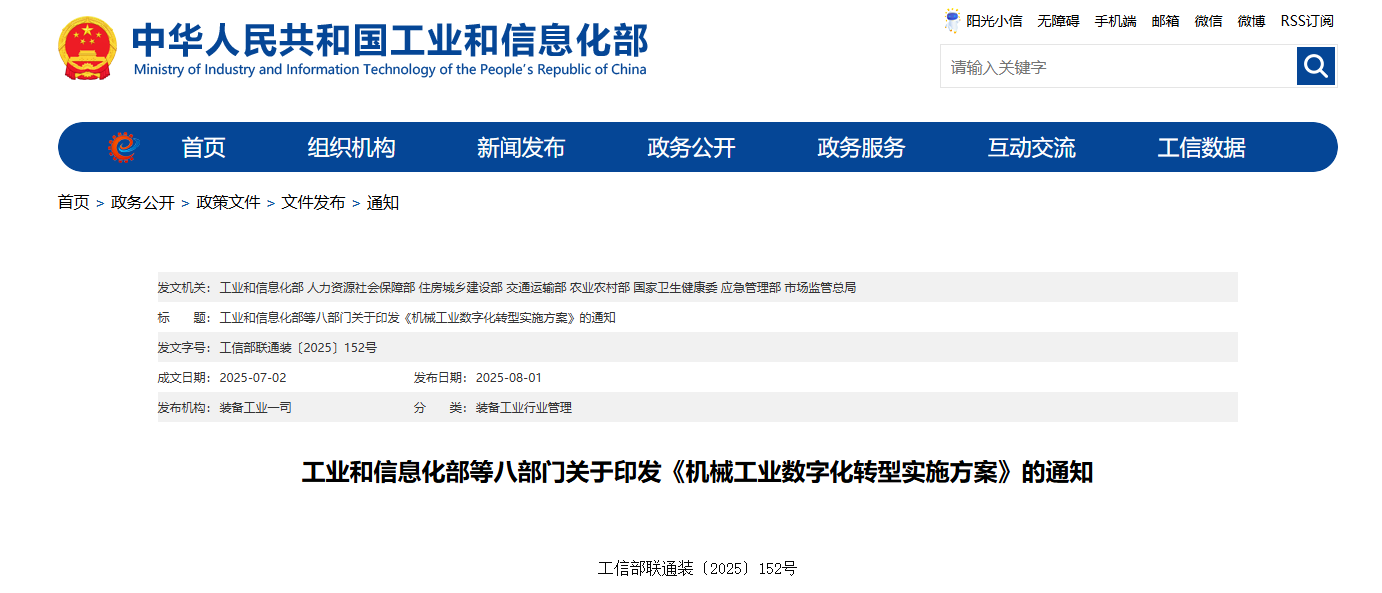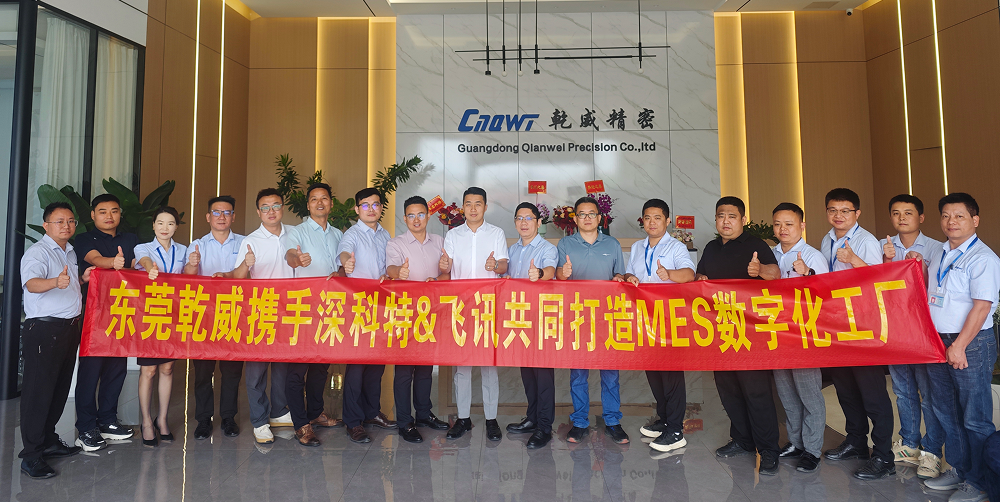机电设备工厂MES系统数据分析

Title: Enhancing Manufacturing Efficiency with MES System Data Analysis in Electromechanical Equipment Factories
Introduction:
In today's highly competitive manufacturing industry, electromechanical equipment factories strive to optimize their production processes and improve overall efficiency. To achieve this, many factories have integrated the Manufacturing Execution System (MES) into their operations. MES system data analysis plays a vital role in enabling factories to identify bottlenecks, monitor performance, and make data-driven decisions. This article will explore how MES system data analysis benefits electromechanical equipment factories from multiple perspectives.
1. Predictive Maintenance:
One of the critical aspects of MES system data analysis is its ability to enable predictive maintenance. By collecting real-time data on machine performance, including temperature, vibration, and energy consumption, factories can identify potential equipment failures before they occur. This allows factories to schedule maintenance proactively, minimizing unplanned downtime and reducing repair costs. Predictive maintenance also enhances worker safety by preventing accidents caused by sudden equipment failures.
2. Production Planning and Scheduling:
MES system data analysis facilitates accurate production planning and scheduling. By analyzing historical production data, factories can determine the optimal production rates and identify possible bottlenecks in the manufacturing process. This information helps in setting realistic production targets and ensuring efficient allocation of resources. With effective production planning and scheduling, factories can minimize idle time, optimize workflow, and meet customer demands promptly.
3. Quality Control:
Maintaining high product quality is essential for electromechanical equipment factories. MES system data analysis plays a significant role in facilitating effective quality control. By analyzing data collected during various stages of production, including material usage, machine parameters, and inspection results, factories can identify any deviations from the desired quality standards. This enables prompt corrective actions to be taken, preventing defective products from reaching customers. Additionally, analyzing quality control data helps factories identify trends and patterns that may help in continuous improvement efforts.
4. Supply Chain Optimization:
MES system data analysis also contributes to supply chain optimization. By analyzing data related to material inventories, lead times, and supplier performance, factories can identify areas for improvement in the supply chain process. This includes identifying alternative suppliers, reducing lead times, and optimizing inventory levels. By streamlining the supply chain, factories can improve overall operational efficiency, reduce costs, and enhance customer satisfaction.
5. Overall Equipment Effectiveness (OEE) Analysis:
MES system data analysis enables factories to monitor and analyze Overall Equipment Effectiveness (OEE). OEE is a key performance indicator that measures the efficiency of a manufacturing process by considering factors such as availability, performance, and quality. By analyzing OEE data, factories can identify underperforming equipment, evaluate the effectiveness of maintenance strategies, and implement measures to improve overall equipment efficiency. This results in increased productivity, reduced production costs, and improved profitability.
Conclusion:
In conclusion, MES system data analysis provides numerous benefits to electromechanical equipment factories. From predictive maintenance to production planning, quality control, supply chain optimization, and OEE analysis, data-driven insights enable factories to make informed decisions, improve efficiency, and stay ahead of the competition. Implementing MES system data analysis empowers factories to optimize their operations, reduce costs, enhance product quality, and ultimately achieve higher customer satisfaction. Embracing this technology is essential for electromechanical equipment factories looking to excel in today's dynamic manufacturing industry.
��Ѷ���������2006�꣬ӵ�������з����뿪��ƽ̨����һ�Ҽ���Ӫ�������졢�ɹ���ȫ��·���ǻ��������Ʒ����̺ͷ����̡���Ʒ�������ֻ����䡢����������������������˾��MRO��ERP��MES��WMS��CRM��SRM�Ȳ�ƷΪ������Ϊ�ͻ��ṩ���ǻ��������巽���滮��������ܷ�����Χ���������Ǻͳ����ǵ����������ڰ����ͻ������к�ʵ�ʳ������ɴ��С��ɴ��µ����ֻ���Ӫ��ϵ�������������Ϣ�����������ֻ��;������ܻ��������⣬Ϊ��ͬ��ҵ����ͬ��ʵ�ֲ�ͬ�ľ�ӪĿ�ꡣ























请先 登录后发表评论 ~